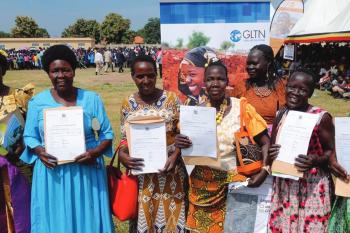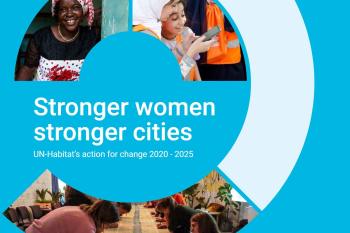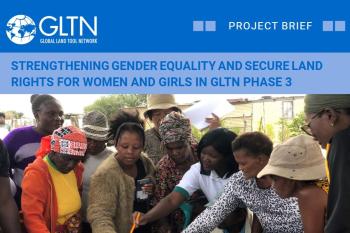
Read More
Gender Strategy for Land-at-Scale Uganda
Women’s Land Rights (WLRs) are fundamental human rights, foundational to gender equality and women’s dignity and instrumental in improving food security, effective climate action, poverty eradicati

Uganda’s National Land Policy is an opportunity to protect and enhance the land rights of vulnerable people through provisions that expressly seek to take remedial action against historical and cultural injustices and inequality between men and women. The policy environment in Uganda further embraces gender equality and equity through the National Gender Policy (2007) and the Constitution (1995).
The Land Act (CAP 227), on the other hand, introduced legal reforms to operationalize positive constitutional provisions largely through express spousal consent provisions before mortgaging and transfer of family land, and the affirmative action quotas on representation in land governance institutions. These efforts have, however, largely remained on paper and have had limited practical impact on policy and legal implementation.
Download
Uganda Gender Strategy for National Land Policy Implementation

Women’s Land Rights (WLRs) are fundamental human rights, foundational to gender equality and women’s dignity and instrumental in improving food security, effective climate action, poverty eradicati

This publication presents a summary of UN-Habitat’s gender equality impact over the past five years, in line with the Beijing reporting cycle.

GLTN’s institutional commitment to gender equality and secure land rights for women and girls has been at the core of its work since inception in 2006.